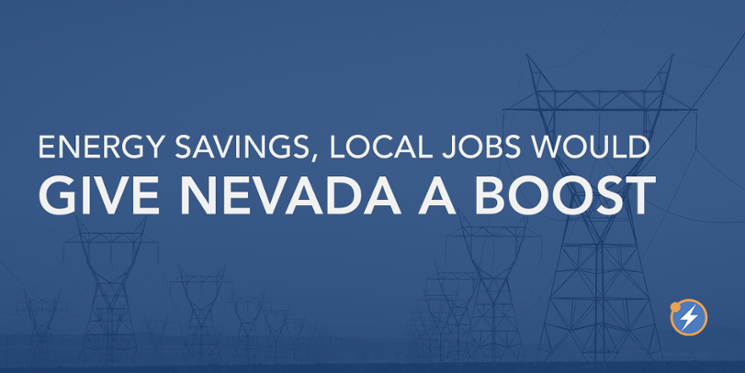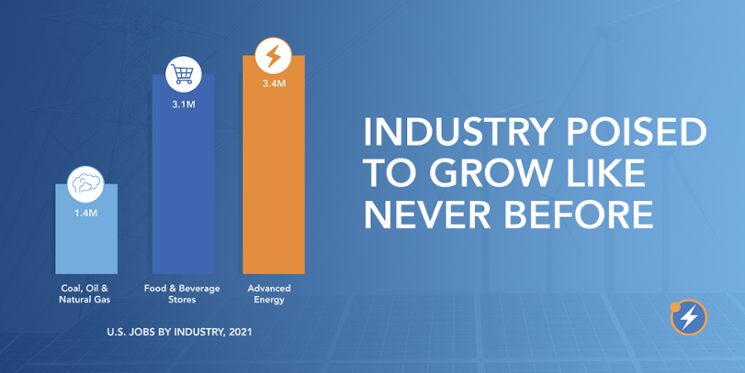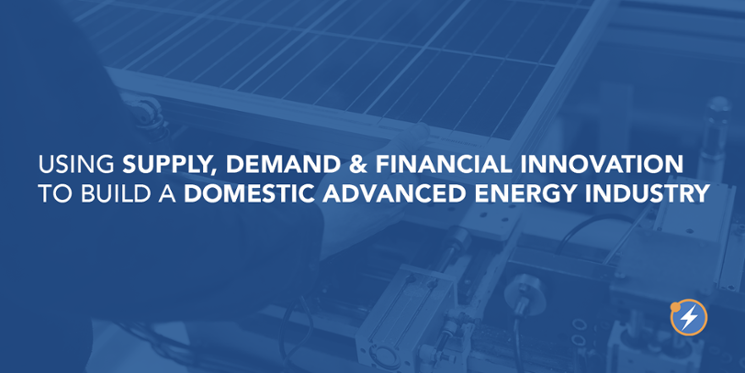
As we near the end of 2024, I’m pleased to share some good tidings and a bit of hope. While uncertainty hangs heavy on the horizon, Massachusetts offers a bright example of how states can shine when they choose to step up.
Governor Maura Healey recently signed a landmark clean energy package that will accelerate clean energy deployment in Massachusetts, and, in turn, will increase local jobs and lower energy costs. The act includes critical reforms to streamline siting and permitting processes, as well as provisions to expand grid-enhancing technologies, energy storage, and other advanced energy technologies.



